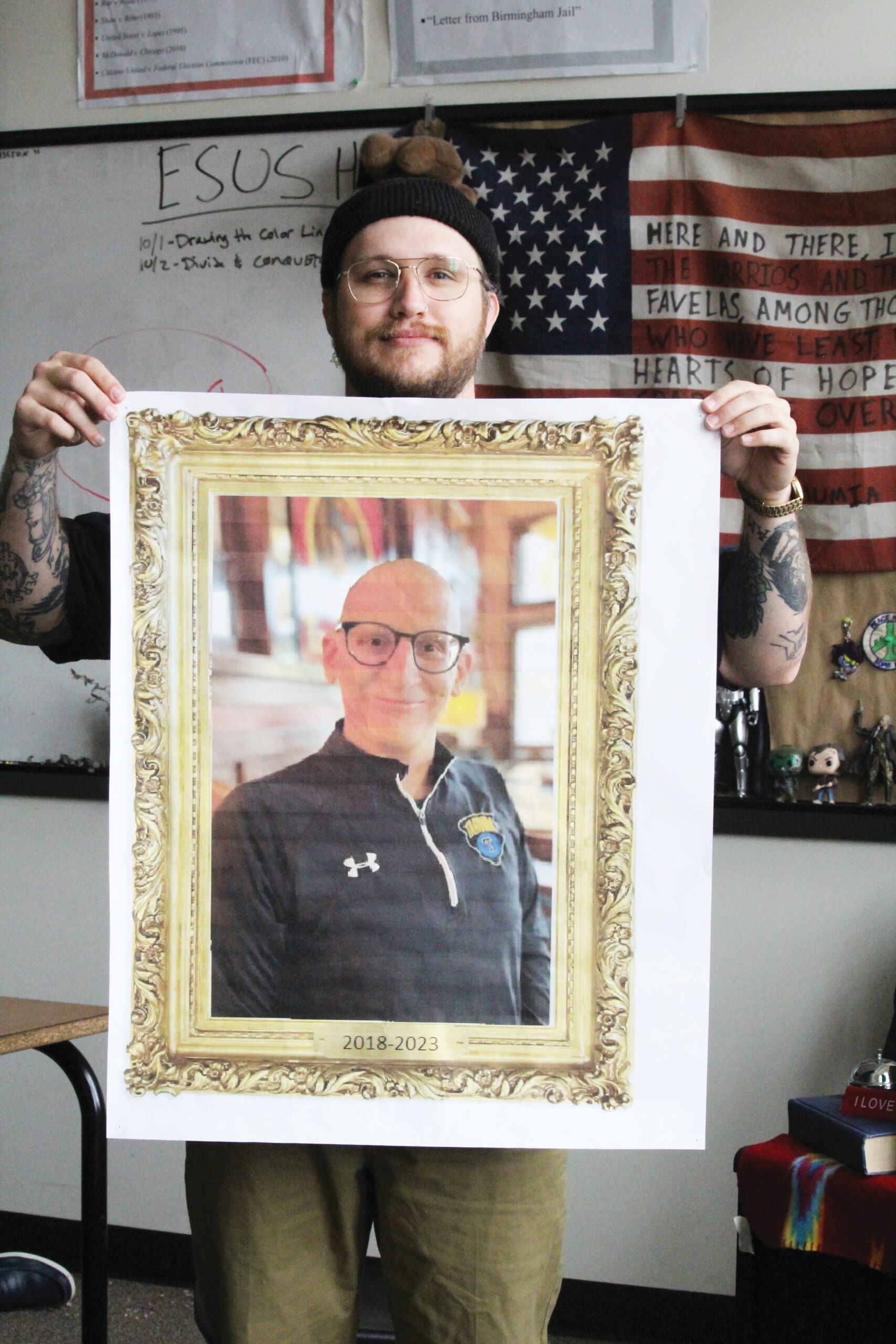By Ayse Hunt
The Ebola outbreak is concerning on many levels, but one of the most disturbing effects that Ebola has had is not the number of people it’s killed or the way it has highlighted the lack of necessary hygienic materials in less developed countries, but rather the implied racism that it has spurred.
In an especially appalling report by Reuters , it is made clear that the Ebola outbreak is having a hugely negative impact on the African immigrant population in Dallas. Dallas is home to Texas Health Presbyterian Hospital, the institution that treated Thomas Duncan, the first case of Ebola to be reported in the US, as well as two nurses who treated Duncan and contracted the disease.
The report outlines how a local politician has branded the children of African immigrants who attend an area school “Ebola kids”. It also has an interview with a Somalian woman who described how people have been treating her and others in her community since the outbreak saying, “[p]eople are looking at us in a bad way. We didn’t have anything to do with this. Somalia does not have Ebola. It is on the other side of Africa”.
From the level of Ebola-related panic that most Americans are showing, it is clear that many people know very little about how the disease is transmitted and where it originated. The fact that all African immigrants living in Dallas are automatically suspected by other citizens of having Ebola shows how many Americans don’t understand that the outbreak is currently only confirmed to be in Liberia, Guinea, Nigeria and Sierra Leone—four out the 50+countries that make up Africa.
There was an article in Newsweek that was published in August entitled “A Back Door For Ebola” that featured a chimpanzee on the cover of the magazine that claimed that bushmeat is smuggled into the U.S. was going to lead to an Ebola epidemic in the United States. The article includes an implicitly racist infographic explaining the cultural significance of different kinds of bushmeat entitled “Don’t Eat That Chimp!”
Since the publication of that Newsweek article, The Washington Post has debunked the claims made by Newsweek, explaining, “the authors of [A Back Door For Ebola] and the editorial decision to use chimpanzee imagery on the cover have placed Newsweek squarely in the center of a long and ugly tradition of treating Africans as savage animals and the African continent as a dirty, diseased place to be feared”.
With so much misinformation and fear-mongering in the coverage of Ebola by many media outlets, it is important to understand and be able to recognize the undercurrents of racism in reports about the disease in order to stay informed.


